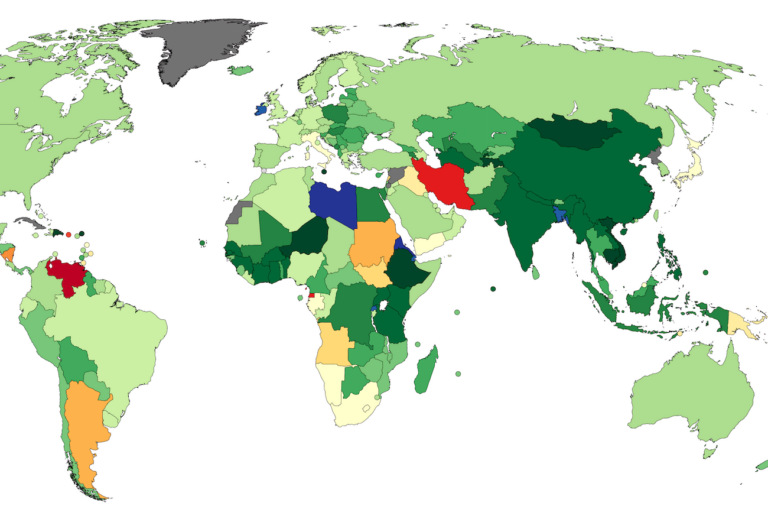Denouncing liberal consumer politics is a grand old tradition on the left. Critics have had a range of targets, from the AFL-led transition to “bread and butter” unionism in the 1890s to advertising’s creation of false needs and the corporate marketing of “ethical” products and lifestyles so ubiquitous today. At bottom, their charge is that we should not seek a shallow freedom in the sphere of exchange, ceding what Karl Marx called the “hidden abode of production” to capital’s dictates.
But far from dismissing consumer politics, Marx insisted that we think of consumption as a dimension of production—and therefore as a key site of struggle. Some of today’s most heated debates on ecological crisis and degrowth proposals bear him out. Is it necessary—or politically viable—to criticize ordinary people’s market behavior in efforts to overhaul our economic system? Can you be anti-capitalist and still have an iPhone? Can we ask people to imagine life without an endless supply of bananas without jeopardizing movements for decarbonization and worker democracy?
These questions—whether and how to politicize individual spending, along with the broader structures of consumer society—have occupied many Boston Review contributors over the years. This week’s reading list revisits a prescient 1999 forum led by economist and sociologist Juliet Schor, putting it in conversation with more recent attempts to imagine how we might politicize the realm of exchange. Schor rejects the dichotomy between individualist voluntarism and structural determination, arguing that while consumer desires are causing harm, they are the product of structural forces and thus require “collective” responses in both policymaking and culture.
More recently, in a forum last year, theorist Kate Soper’s lead essay challenges the degrowth left not to cede the notion that “more sustainable consumption will always involve sacrifice.” A full-throated embrace of a post-capitalist economy, Soper argues, requires both material and philosophical transformations: we must develop an “alternative hedonism” that enables us to embrace a “postconsumerist vision of the ‘good life.’”
Other pieces on this week’s list complement and sometimes complicate these provocations. Historian Jackson Lears traces how conservation disappeared from ecological discourse. Paul Hockenos looks to the EU’s experiments in garbage regulation for an example of the kind of consumption-oriented policy Schor invites us to imagine. Psychologist Paul Bloom’s analysis of the pleasure in luxury consumption offers a counterpoint to Soper’s hypothetical “hedonism.” Will Rinehart urges not degrowth but a transition to a different kind of growth rooted in ecological abundance. Nanjala Nyabola identifies the pitfalls of a consumption politics focused on the Global North, while economist Jayati Ghosh argues that by focusing on GDP and degrowth we risk neglecting more immediate crises of unequal distribution. Read on for more.
Forum
Somebody needs to be for quality of life, not just quantity of stuff. And to do so requires an approach that does not trivialize consumption, but accords it the respect and centrality it deserves.
Forum
Austerity is not the only way to save our overextended planet. A simpler life might be both more pleasurable and more equal.
The critique of capitalism must take precedence over the critique of consumption.
Doing less is not enough. We have to do more, and we have to do it better.
The distribution of gains is more important than GDP.
Forum
Most people own things they don’t really need. It is worth thinking about why.
Pushing back against the throw-away economy, the EU is designing an industrial policy around garbage.















